Florida recently passed a bill banning unhoused individuals from sleeping on public property, leading to criticism and concerns. The legislation prohibits cities and counties from allowing public sleeping but allows them to establish designated areas for camping.
Critics argue that the bill oversimplifies the complex issues of homelessness, such as addiction, mental illness, and housing costs.
Johnna Coleman, Executive Director of Big Bend Continuum of Care, expressed devastation over the bill’s passage, describing it as heartbreaking and inadequate in addressing the root causes of homelessness.
Some lawmakers, like Democratic Senator Rosalind Osgood, attempted to stop the bill, emphasizing the need for comprehensive solutions.
The legislation prohibits sleeping in areas like sidewalks and public libraries, pushing for an “out of sight, out of mind” approach. Municipalities can create designated camping sites with access to sanitation, security, and mental health services.
However, concerns arise, especially for smaller rural counties without mandatory service provisions.
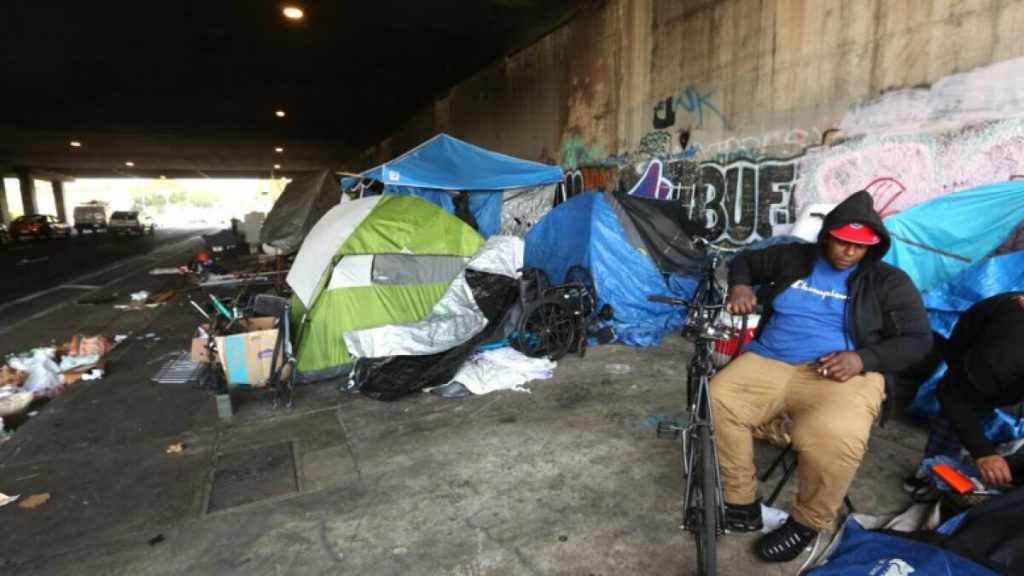
The bill’s supporters argue that it addresses the heightened visibility of homelessness, echoing Governor Ron DeSantis’ concerns about avoiding situations seen in cities like San Francisco. Senate President Kathleen Passidomo defended the bill, acknowledging the urgency to tackle homelessness.
Related Articles:
- Local Teen’s Battle with Lyme Disease: A Warning for Others
- Campaign: Newsom in South Carolina, Nevada for Biden-Harris
- Addressing Gaps in Care for Those with Developmental Disabilities
Notably, the legislation lacks additional funding for these camps, relying on existing funds allocated to cities and counties for addressing homelessness. Critics, including Coleman, stress that money alone won’t solve the issue without addressing regulatory constraints on fund usage.
In the absence of comprehensive solutions, advocates like Coleman aim to protect unhoused individuals from displacement caused by the new legislation.








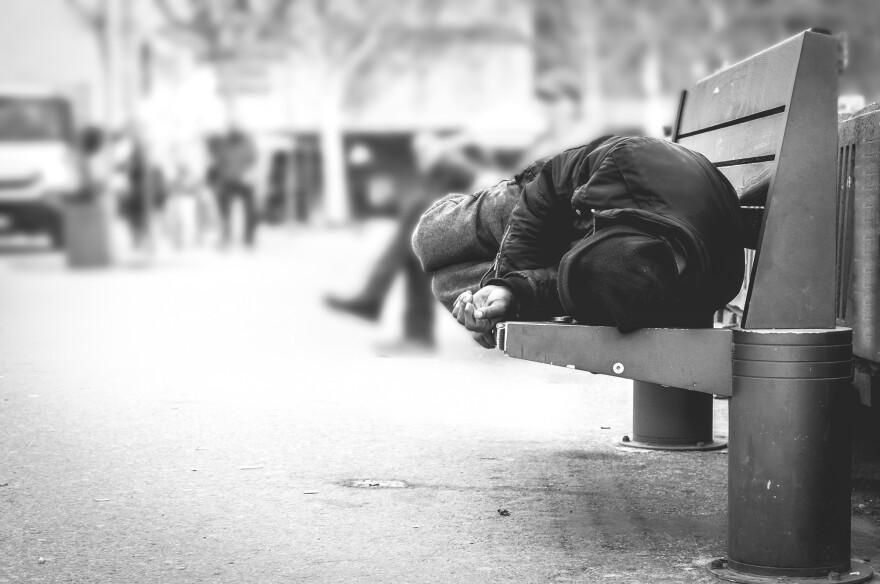

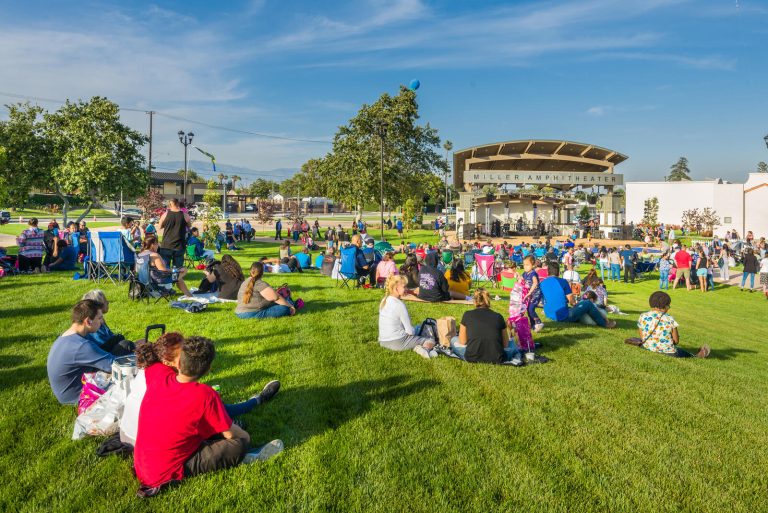
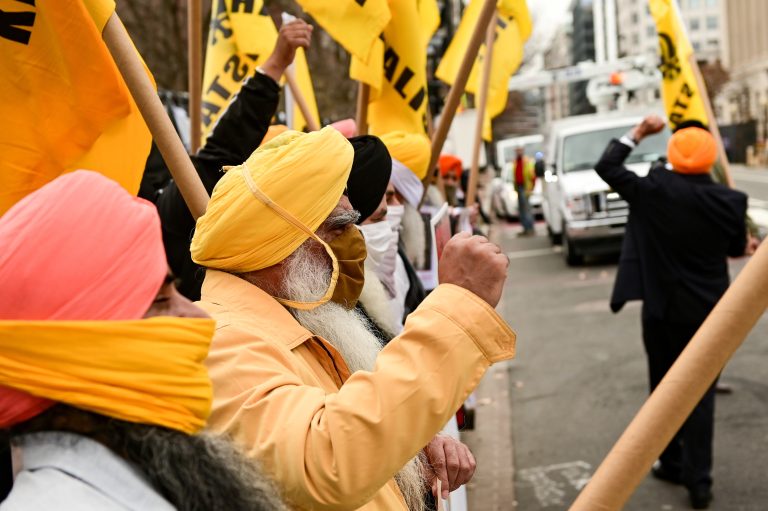
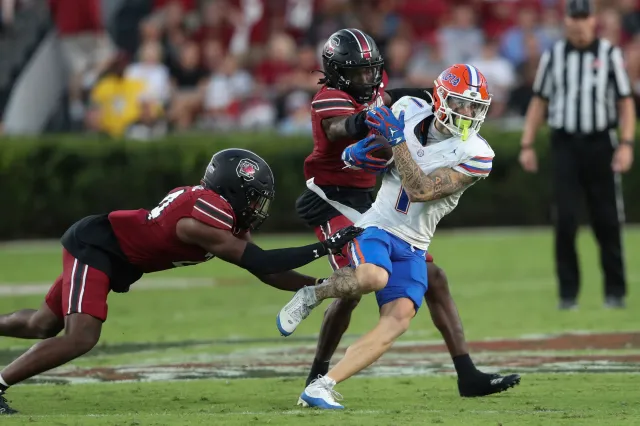

+ There are no comments
Add yours